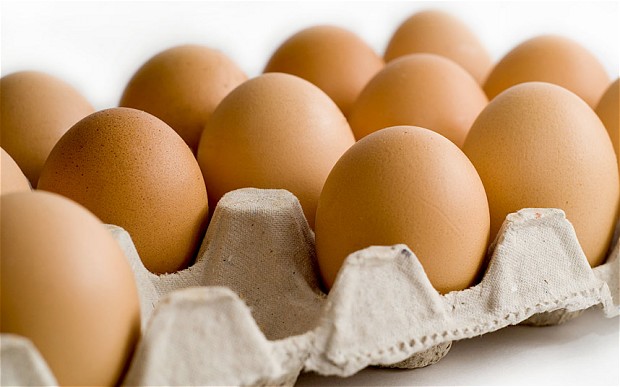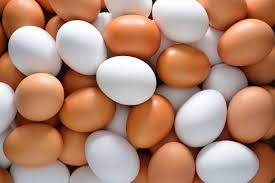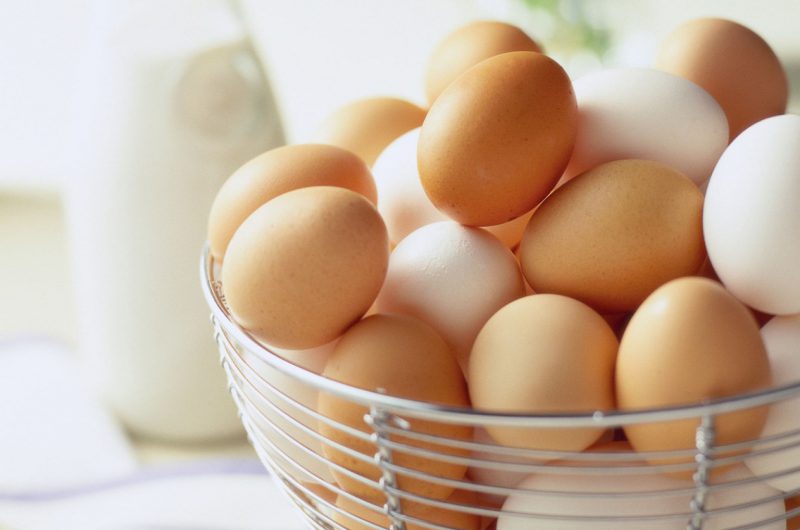According to the Harvard T.H. Chen School of Public Health “long-vilified for their high cholesterol content by well-meaning doctors and scientists researching heart disease, eggs now seem to be making a bit of a comeback. While it’s true that just one egg yolk has 200 mg of cholesterol—making it one of the richest sources of dietary cholesterol—eggs also contain additional nutrients that may help lower the risk for heart disease “.
However, although I can agree with physicians and scientists on the fact that one egg a day is ok, not all eggs are equal. How can you compare the quality of eggs laid by caged hens with the eggs of pastured hens? What are the most nourishing, healthy eggs for our family? Can we trust the labels? You might have noticed the many choices available: “free-range,” “farm-fresh,” “pasture-raised”, “organic”, “vegetarian-fed” …
MISLEADING LABELS: According to the law, “free-range” doesn’t really mean much of anything. In fact “free-range” can simply mean that the hens have “access” to the outside for as little as five minutes a day! They may not even choose to go outside, and when they do, they may simply be walking out into a concrete slab devoid of any bugs, larvae, or grass.
A similar thing can be said for the “cage-free” label. All that means is that rather than being crammed into cages stacked on top of each other, hens are cage-free. They can still be confined indoors for their entire lives, never seeing a day of sunshine.

Even “organic” eggs only guarantee that the chicken was fed organic feed and isn’t receiving antibiotics. They could still have limited or no access to the outside, and their diet is surely unnatural.
BEST CHOICE : Pastured eggs from a local farmer (aka Real Eggs). Chickens live their entire lives outdoors, in the pasture, picking through cow dung, eating bugs and grass, basking in the sun. Their feed may or may not be supplemented with anything other than what God and Nature provide in the field. If it is supplemented, a non-soy feed is best. Pick these up at your local farmer’s markets, or use Craigslist or another local ad service to find someone raising hens who would like to part with excess eggs.
Did You Know?
- While chicken eggs are the most common variety (especially in the U.S.), eggs from a range of birds—including ducks and quail—are also consumed worldwide.
- Brown eggs are not more nutritious than white. The color and size of an egg are determined by the breed of hen, which can produce white, cream, brown, blue, green or speckled eggs! The color of the yolk is also not reflective of nutritional value but the type of poultry feed.
- Eggs vary in available sizes from medium to jumbo, but eggs graded “large” are the standard size preferred in recipes.






